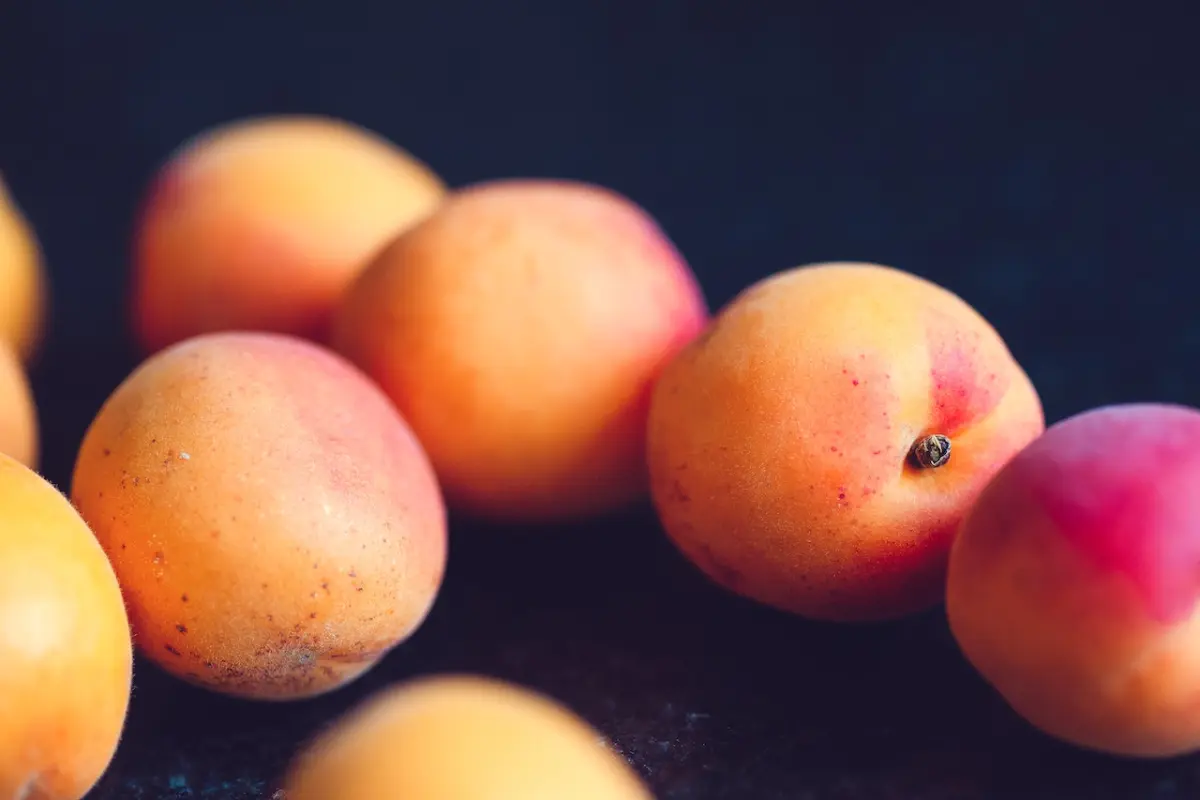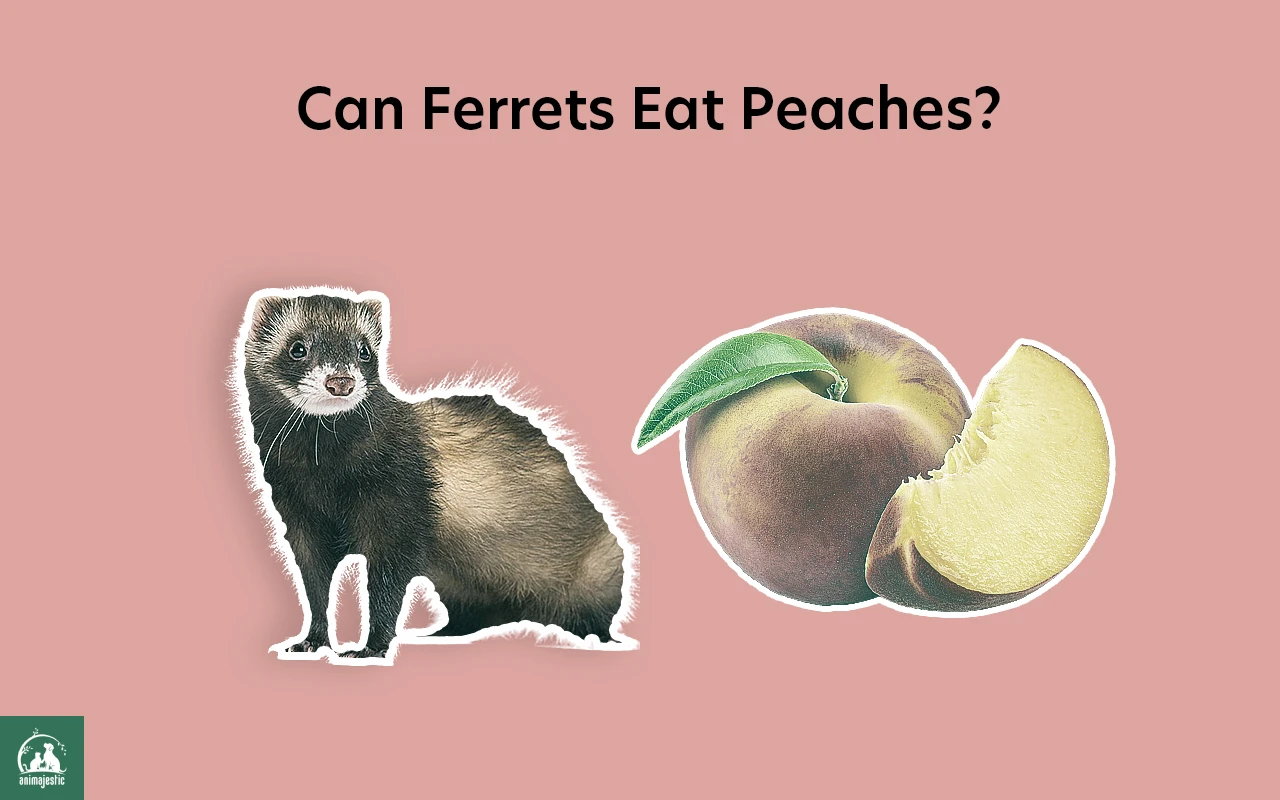Can Ferrets Eat Peaches is one of many questions that may arise on your ferret adoption journey, and as ferret owners, we want to provide the best care and diet for our furry companions. When it comes to their diet, it is crucial to understand what is safe and beneficial for them to consume. To answer this question comprehensively, we will examine a ferret’s natural diet, the nutritional content of peaches, and the potential risks and benefits of feeding them peaches.
Ferret’s Natural Diet
Ferrets by default are carnivores, which means their diet consists almost exclusively of animal-based proteins. In the wild, ferrets primarily hunt and consume small mammals, birds, and insects. Their digestive system is specifically designed to process meat, and they have a short gastrointestinal tract that allows for the rapid digestion of proteins and fats.
Nutritional Content of Peaches
Peaches are a popular fruit among humans due to their sweet taste and juicy texture. They contain various nutrients, including vitamins A, C, E, and K, potassium, and dietary fiber. However, they are also high in natural sugars, such as fructose and glucose.

Can Ferrets Eat Peaches?
Given the natural diet of ferrets and the nutritional content of peaches, it is not advisable to feed peaches to ferrets. There are several reasons why peaches are not suitable for ferrets:
- High sugar content: The high sugar content in peaches can be harmful to ferrets, as their bodies are not designed to process large amounts of sugar. Consuming too much sugar can lead to health issues such as obesity, dental problems, and insulinoma (a type of pancreatic tumor).
- Low nutritional value for ferrets: While peaches contain vitamins and minerals that may be beneficial for humans, they do not provide the essential nutrients that ferrets require. Ferrets need a diet high in animal-based proteins and fats, which peaches do not offer. Feeding your ferret peaches can lead to nutritional deficiencies and negatively impact their overall health.
- Indigestible fiber: The dietary fiber found in peaches can be difficult for a ferret’s digestive system to break down. This may cause gastrointestinal issues, such as diarrhea or constipation.
- Peach pits: The pits of peaches pose a choking hazard for ferrets and contain amygdalin, a compound that can be converted into cyanide when ingested. Although a ferret would have to consume a large number of pits to experience toxic effects, it is best to avoid any potential risk.
Safe Foods for Ferrets
To ensure your ferret maintains a healthy and balanced diet, it is essential to provide them with food specifically designed for their nutritional needs. Some safe food options for ferrets include:
- High-quality ferret kibble: Commercial ferret food is formulated to meet their dietary requirements, providing the necessary protein and fat levels. Make sure to choose a reputable brand with high-quality ingredients.
- Raw or cooked meat: Ferrets can eat raw or cooked meat, such as chicken, turkey, or rabbit. Make sure the meat is fresh and free of any added salts, seasonings, or preservatives.
- Eggs: Eggs are a good source of protein for ferrets. You can offer them scrambled or hard-boiled eggs occasionally as a treat.
- Insects: Some ferrets enjoy insects, such as crickets or mealworms, which can be found at pet stores. These can be offered as occasional treats.
Conclusion
Ferrets should not eat peaches due to their high sugar content, low nutritional value for ferrets, indigestible fiber, and potential risks associated with peach pits. Instead, focus on providing your ferret with a diet that meets their nutritional needs, such as high-quality ferret kibble, raw or cooked meat, eggs, and occasional insects. By doing so, you will help ensure your ferret remains healthy and happy.
